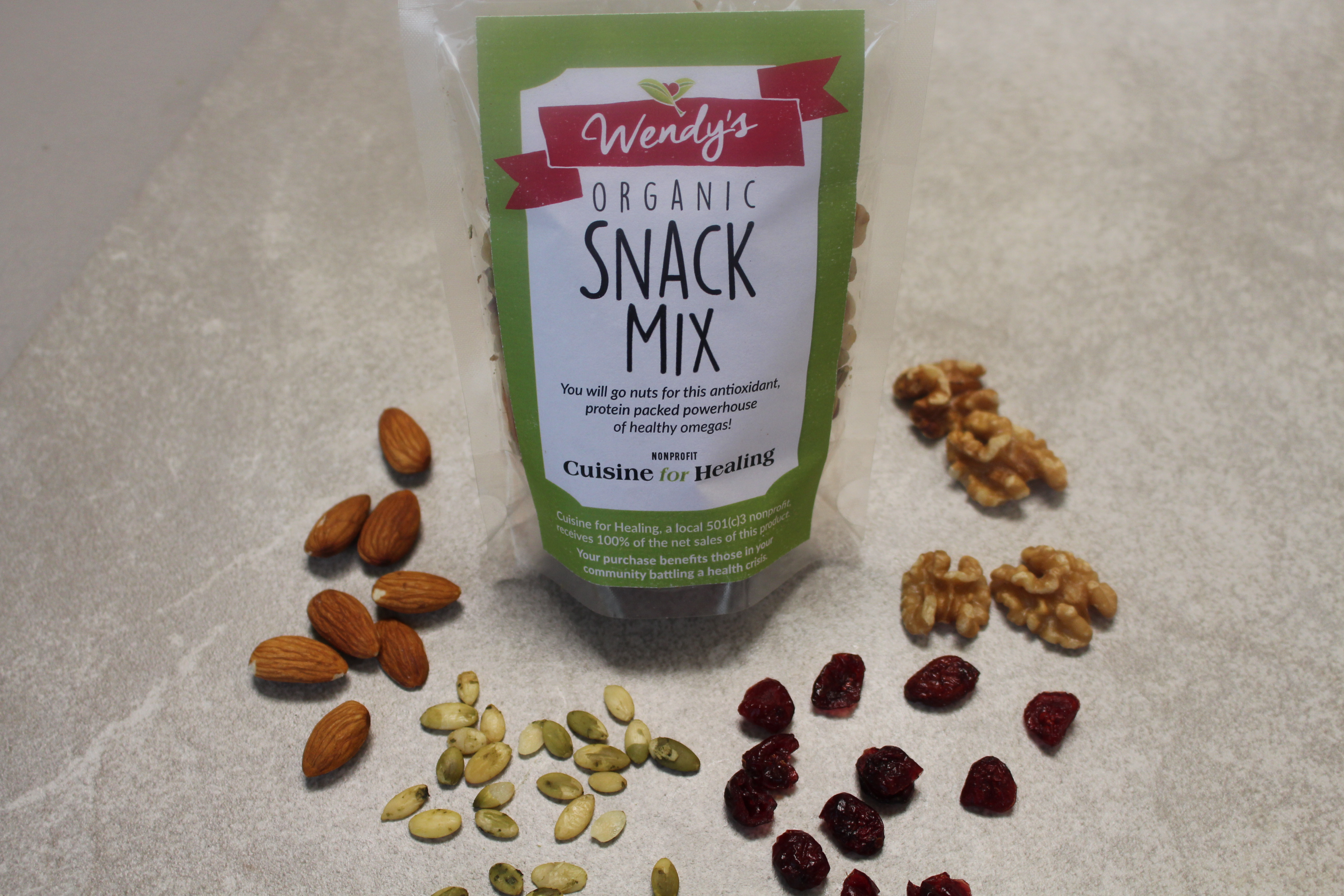
We all hear the term “fat” and want to run for the hills. As Americans, we try to eat low-fat diets because we correlate fat in foods with obesity, heart disease, or other life-threatening diseases. But what if someone told you fat could increase your life expectancy? You may think this is a trick question. It is not, however when we correlate “fat” with health we are talking about the good fats found in foods. This good fat is known as Omega 3 Fatty Acid. It is mainly found in fish, nuts, and oils. Researchers have been looking into fats for a very long time trying to understand what fats in food benefit our health and what fats found in foods harm our health. At IMIM (Hospital del Mar Medical Research Institute), researchers have found that omega-3 levels in blood erythrocytes (red blood cells) are very good mortality risk predictors. Meaning that these levels may be used as an indicator of someone’s life expectancy. People in the study that have higher levels of omega-3 fatty acids in the blood had an increased life expectancy of 5 years. These levels are a result of regular intake of oily fish. Now it is important to note that this is not yet proven, nor did the researchers find that the intake of fatty fish was excessive. It was about a 1% increase in their blood. It is very important to understand what fats are good and what fats are bad. Below are a few tips for when you look at food labels to understand what fats are included in the food you are consuming.
Tips:
- Keep saturated and trans-fat to a minimum, saturated fat should be < 10% of total energy intake and trans-fat <1% of total energy intake
- Shifts fat intake from saturated and trans to unsaturated
- Aim to have polyunsaturated and monounsaturated fats be your main fat consumption
- Monounsaturated Fatty Acids: nuts, avocado, canola oil, olive oil, safflower oil (high oleic), sunflower oil, sesame oil
- Polyunsaturated Fatty Acids: Walnuts, sunflower seeds, flax seeds or flax oil, fish, such as salmon, mackerel, herring, albacore tuna, and trout, corn oil, soybean oil, safflower oil
- Eat walnuts instead of cookies for a snack. But be sure to keep your portion small, as nuts are high in calories.
- Replace some meats with fish. Try eating at least 2 meals with fish per week.
- Sprinkle ground flaxseed on your meal.
- Add walnuts or sunflower seeds to salads.
- Cook with corn or safflower oil instead of butter and solid fats










